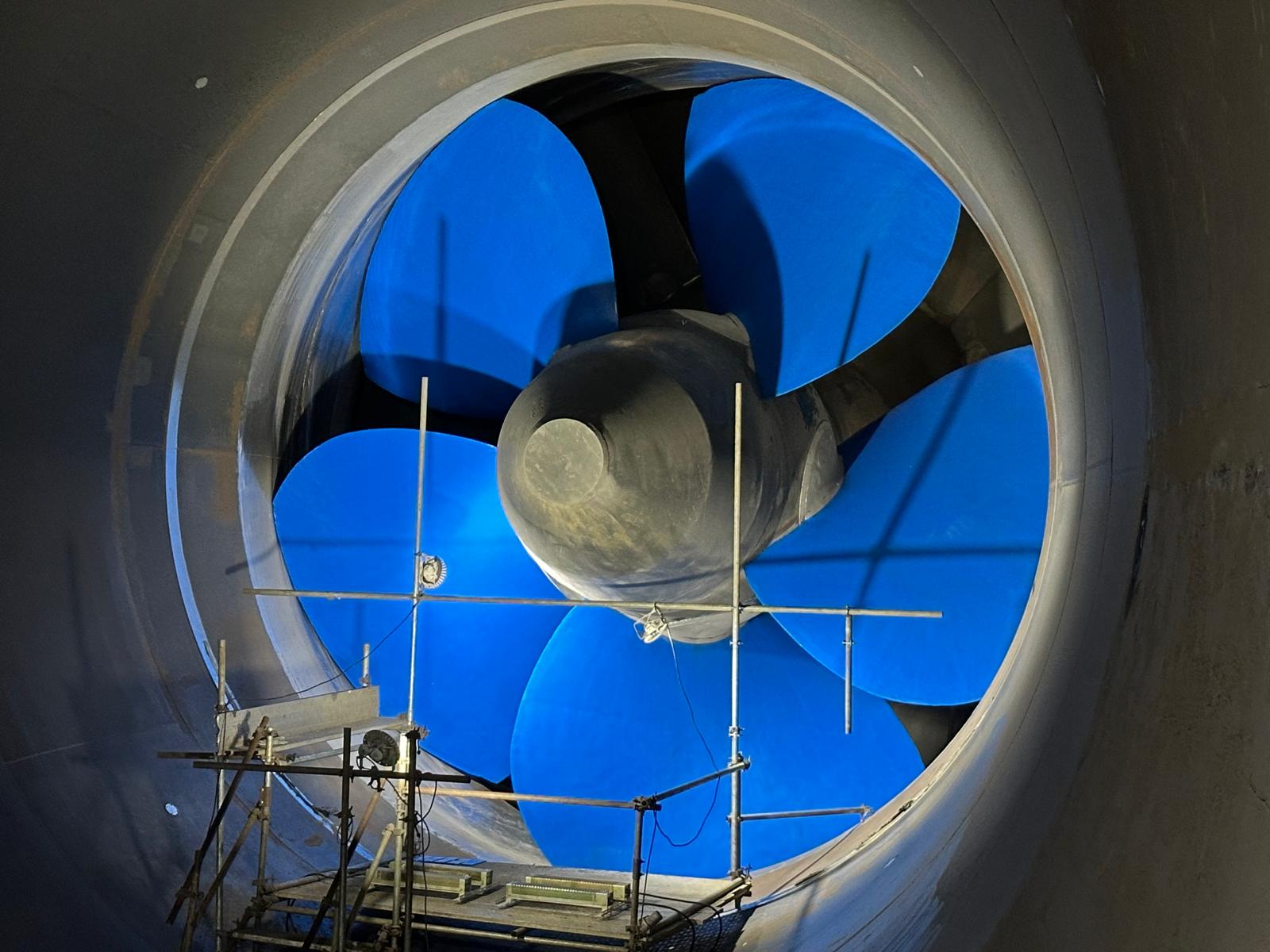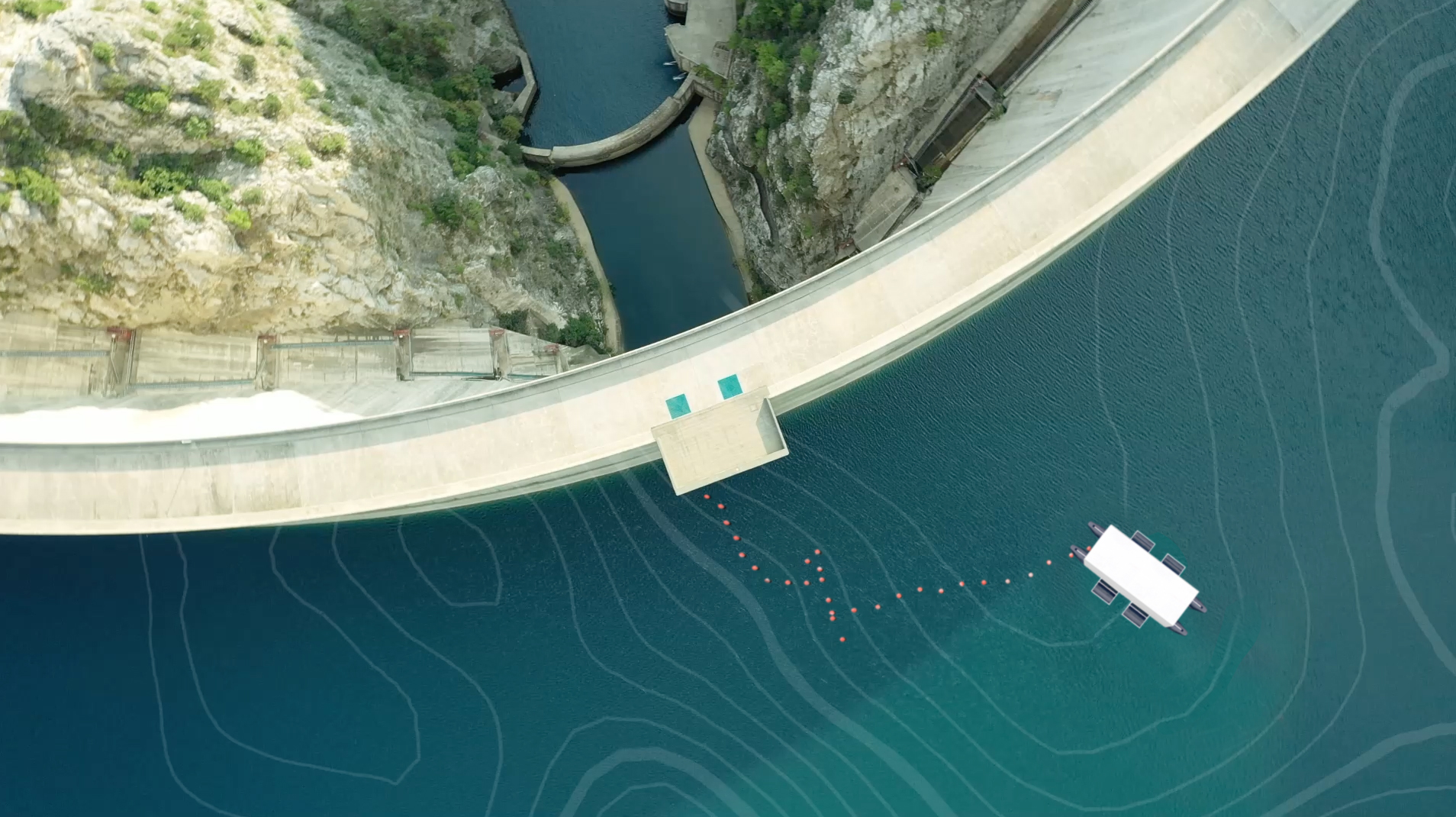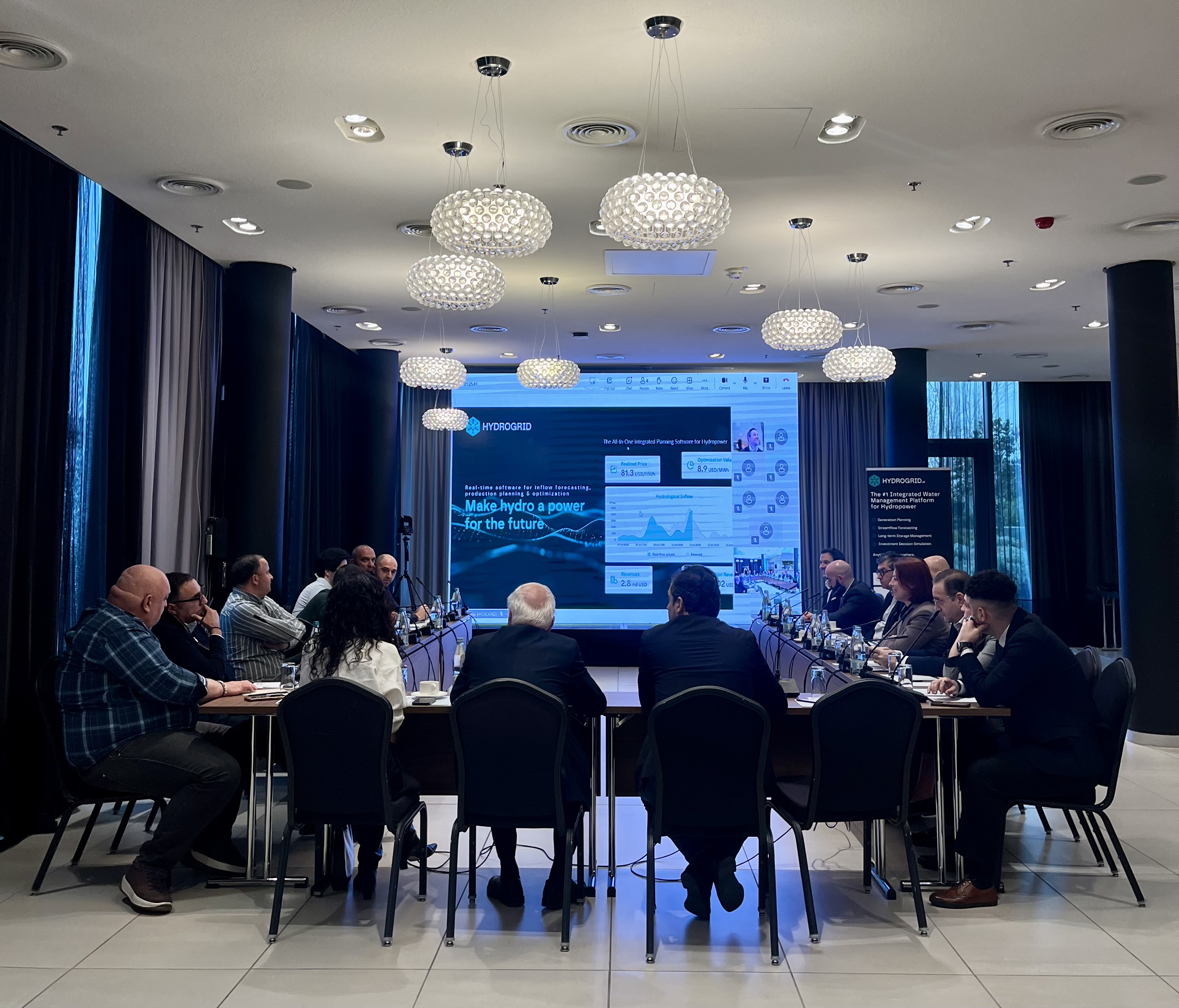#IHA30 - A shared journey and vision: Voith celebrates 30 years of IHA
For the past 30 years, the International Hydropower Association (IHA) has championed hydropower as a vital component in the non-negotiable energy transition. By driving sustainability, policy engagement and advocacy over three decades, IHA has helped shape a more transparent and accountable industry. Voith, a leading full-line supplier and trusted partner for equipping hydropower plants, recognised the value of the IHA early on and became involved with the organisation in the late 1990s. First as a direct member, then through its membership in the Hydro Equipment Association. Since 2016, Voith Hydro has been a direct member of IHA. For most of the 30 years, Voith has been represented on the IHA Board.
Through its membership, Voith has actively contributed to help set priorities around sustainable hydropower.
A global voice for the reliable source of renewable energy
“IHA is the global voice we need for sustainable hydropower,” says Jürgen Schuol, Head of Sustainability at Voith Hydro. “Our ambition is to transform the energy system, but we can’t do it alone. IHA brings together the people who can make it happen: the innovators, the policymakers, the universities, the NGOs and the finance sector. That’s incredibly important for the industry to move forward.”
From the outset, IHA was an advocate for sustainable hydropower, which fits perfectly with Jürgen’s own views and those of Voith. “We value the partnership as we share the same belief that a low-carbon energy mix is only viable with a significant share of hydropower.”
Today, around 50% of all renewable electricity comes from hydropower, making it still the largest source of renewable energy. It accounts for roughly 14% of global electricity generation overall. And yet, hydropower is often underestimated. One reason, believes Jürgen, is because hydropower is wrongly dismissed as an “old” technology.
“Hydropower for electricity generation has been used for almost 150 years,” he explains. “Despite its scale, hydropower is often excluded from discussions around innovative solutions to the energy crisis. This is something we are working hard to correct with IHA. In reality, we need more hydropower in the low-carbon energy mix. It’s one of the most reliable and flexible solutions that we have.”

Essential tools that shape the industry
One of the most influential contributions of the IHA to the industry has been its leadership in creating credible, science-based tools and frameworks to assess the environmental, social, and governance (ESG) performance of hydropower projects. For Jürgen, who joined Voith Hydro in 2008 as the company’s first Advisor in Environmental Issues in Hydropower, that contribution is personal.
His very first business trip took him straight to IHA’s London office for a meeting on reservoir emissions, a topic that was fuelling major scepticism of hydropower’s climate credentials at the time. That meeting sparked the idea to develop a standardised tool for calculating greenhouse gas emissions from reservoirs.
“IHA brought the right people from industry and academia together to create what’s now known as the G-Res Tool,” he recalls. “The close collaboration was essential. It created a credible tool that is now globally recognised and even referenced in the EU Taxonomy for hydropower, which is huge.”
Officially launched in 2017, the G-Res Tool still goes through rounds of continuous improvement. Today, it provides hydropower developers and operators with a rigorous framework to assess environmental impacts.
“It’s incredibly rewarding to see where the journey has taken us since that first meeting,” explains Jürgen. “It was a long road, but the result is a tool that helps raise awareness and acceptance of sustainable hydropower. Without IHA, I don’t think this tool would have been developed.”
Powerful commitments with real consequences
Another defining moment came at the World Hydropower Congress in 2021 with the launch of the San José Declaration on Sustainable Hydropower, which included the clear statement that, going forward, the only acceptable hydropower is sustainable hydropower.
“That was a genuine milestone for the industry,” says Jürgen. “With the signing of the San José Declaration Voith committed publicly that we would not participate in projects in UNESCO World Heritage Sites. It was a clear statement and one that has real consequences for hydropower companies and plants.”
In line with the declaration, Voith updated its internal processes and adapted the risk management process. Today, every potential project is screened not only for technical and commercial viability but also for compliance with sustainability.
In addition, Voith contributes to making projects more sustainable – primarily through its technology. As well as ensuring classic parameters are met, such as high efficiency, Voith innovations support improved fish passage through optimised turbines, and help maintain and even improve water quality.
“Our solution for sediment management, the SedimentCareProgram, deserves special mention for being an environmentally friendly solution to solve silting problems while increasing the productivity of hydropower plants,” explains Jürgen.
“Last but not least, through our extensive service portfolio, we are modernising older plants,” he adds. “With our support, existing plants now run much more efficiently for generations.”

From declarations to global sustainability standards
Arguably, IHA’s most influential contribution has been the pivotal role it plays in shaping the sustainability agenda for hydropower. From coordinating the first Hydropower Sustainability Assessment Protocol in 2010, to guiding the development of the Hydropower Sustainability Standard (HSS) that was launched in 2021. This marked a turning point in how the hydropower industry measures and certifies ESG performance across the entire project lifecycle – from planning to construction to operation.
Throughout, IHA worked with governments, NGOs, financial institutions, operators and manufacturers to raise the bar across the industry for responsible hydropower. Voith Hydro supports and promotes the Standard and its application and was also on board throughout, contributing to the process to ensure the Standard would be practical and applicable worldwide.
Today, the HSS is independent from IHA and is governed by a multi-stakeholder body. The industry is represented via the Industry Chamber. Jürgen is Voith’s representative and the elected Chair of this Chamber for four years and therefore also a member of the Hydropower Sustainability Governance Committee.
“I really enjoy this role because it means I can help ensure that the Standard is applied even more frequently – and also contribute to its further development,” he says, adding: “It is great to see that the Industry Chamber has expanded significantly to now over 50 members from around the world. We have regular constructive meetings, where we share knowledge and insights. A big thank you goes to IHA, who plays a leading role in the Chamber and also serves as the secretariat.”

Driving dialogue and change on the ground
Thanks to the dedicated teams at IHA, the industry is now better able to address criticism – both fair and unfounded – with facts and credible data. The tools and standards that the IHA has developed encourages engagement with all stakeholders with greater transparency.
Public trust in hydropower has therefore shifted for the better because of IHA, which has facilitated constructive discussions with NGOs and local communities. By offering neutral ground for dialogue, by hosting congresses and facilitating debates between the public, industry and governments, hydropower is now also viewed as a viable solution to the climate crisis.
For the industry, the World Hydropower Congress, which has been held regularly since 2007, is a key event on IHA’s calendar. What sets it apart from other hydropower events is the range of high-level stakeholders who attend, from government representatives to NGOs.
The standard of discussion promotes a better mutual understanding of the issues and challenges of hydropower. The networking and knowledge-sharing is invaluable.
30 years worthy of celebration, exciting plans for the future
As IHA turns 30, Voith congratulates the team on three decades of leadership and inspiration. Although much has been achieved, Voith is excited by IHA’s current increased focus on pumped storage and especially by the Paris Pledge, the joint initiative from the IHA and Eurelectric.
The Paris Pledge brings together policymakers and stakeholders from the industry who are committed to advancing sustainable pumped storage solutions across Europe. Jan Lüder, President & CEO Voith Hydro, is proud to have signed the pledge at the International Forum on Pumped Storage Hydropower in Paris in September 2025.
As more intermittent renewables are added to the energy mix, pumped storage solutions are crucial components for a stable grid. Through the Paris Pledge IHA is again spotlighting what is necessary at the right time for a more reliable energy supply. This initiative puts pumped storage on the global map.
“Hydropower is always renewable, but not every project is sustainable. For this to be the case, a lot must be done, and we contribute with our technologies but also beyond that,” concludes Jürgen. “IHA has placed sustainability firmly at the core of all hydropower projects. We’re therefore proud to be part of the IHA network and to support their valuable work.”










